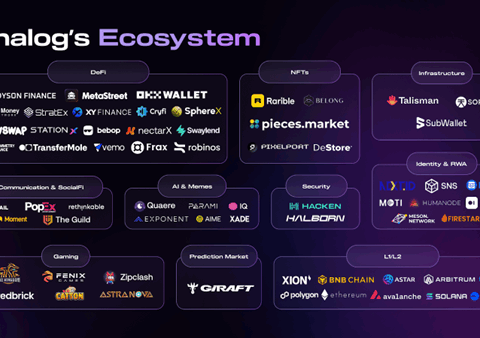The European Union has taken a significant step in advancing its regulatory framework for artificial intelligence (AI) as all 27 member states voted to approve the final text of the EU’s AI Act.
Thierry Breton, the Commissioner for Internal Market of the EU, confirmed this momentous endorsement, emphasizing the historical significance of the AI Act, which marks a world-first achievement.
The AI Act is a comprehensive risk-based strategy designed to regulate various AI applications.
It covers a wide range of aspects, including the use of AI in government applications, the regulation of AI systems like ChatGPT, and the implementation of transparency rules that must be adhered to prior to entering the market.
Following the political agreement reached in December 2023, efforts were undertaken to transform the agreed-upon positions into a final compromise text for approval by lawmakers.
The culmination of this process was the “coreper” vote on February 2, which involved the permanent representatives of all member states.
One of the key concerns addressed by the AI Act is the proliferation of deepfakes – convincingly fabricated videos generated by AI algorithms that have the potential to blur the line between truth and fiction in public discourse.
Margrethe Vestager, Executive Vice President of the European Commission for A Europe Fit for the Digital Age, highlighted the Act’s emphasis on assigning greater liabilities to developers of riskier AI applications.
For instance, the Act focuses on high-risk cases, such as using AI for job applicant screening or educational admissions.
READ MORE: Binance Denies Security Breach: Outdated Data on GitHub Posed Minimal Risk
The recent agreement on the AI Act was achieved after France withdrew its objections, and Germany also threw its support behind the Act following a compromise reached by Federal Minister for Digital Affairs and Transport, Volker Wissing, on January 30.
The AI Act is now set to progress towards legislation, with a crucial vote scheduled in an EU lawmaker committee on February 13, followed by a vote in the European Parliament in March or April.
It is anticipated that the Act will be fully applied in 2026, with specific provisions taking effect earlier.
Additionally, the European Commission is taking proactive steps to establish an AI Office responsible for monitoring compliance with a group of high-impact foundational AI models considered to pose systemic risks.
The Commission is also unveiling measures to support local AI developers, including upgrading the EU’s supercomputer network to enhance generative AI model training capabilities.
Discover the Crypto Intelligence Blockchain Council




